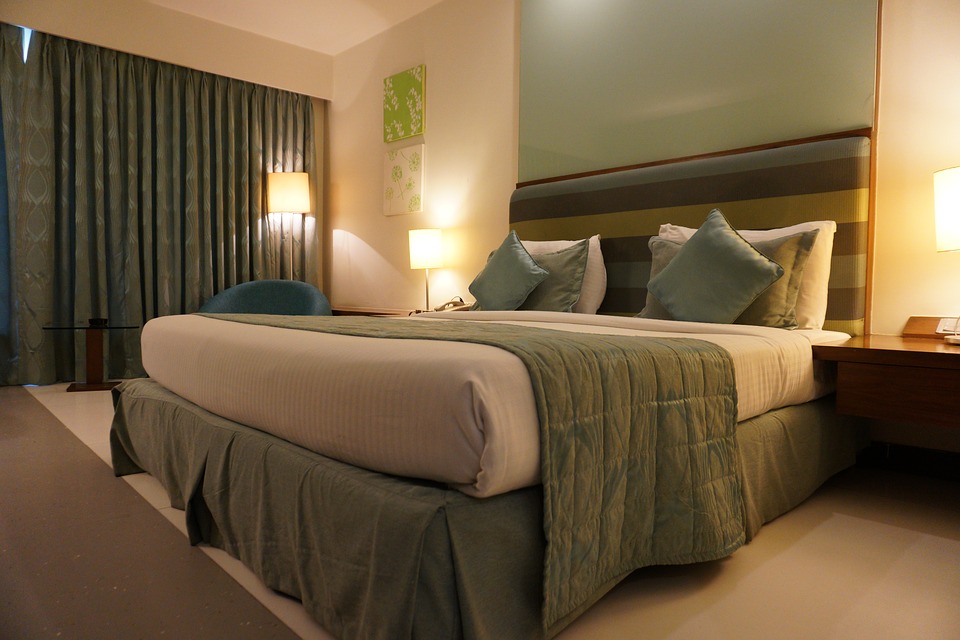3 Tips For Getting Better Sleep While Traveling

While traveling around the world can be fun, what isn’t fun is getting behind on your sleep and dragging yourself through the day. But for many people, during their travels is exactly when they don’t get the sleep they so desperately need to function properly and take full advantage of the time they have in a new city. So to help ensure that your next trip isn’t filled with sleepless nights and sleepy days, here are three tips for getting better sleep while traveling.
Bring Along A Sound Machine
When you’re sleeping in a place you’re not familiar, be it on a plane or in a hotel room, there are likely going to be sounds that you have to adjust to. The problem with this is that the time you take to adjust to this new environment is time that you’re not spending actually sleeping. So to help make this problem go over a little easier, Emily Smith, a contributor to Sleep.org, recommends that you bring a sound machine with you wherever you travel. This machine will be able to play relaxing white noise that will help to block out any other sounds that might keep you from falling asleep and staying asleep.
Be Smart About Other Stimuli
Being in a new place can mean stimulation overload for your senses. And when this happens, relaxing enough to fall asleep can be a real challenge. To compensate for this, Emmanuel Banks, a contributor to LifeHack.org, recommends that you be very careful about what stimuli you allow into your room before you fall asleep while traveling. Things like turning off televisions, smartphones, computers, and other screens can help get your body ready for sleep. Additionally, you might want to try playing some soothing music to help relax your body and get yourself ready for bed.
Know When It Makes Sense To Adjust
If you’re traveling into a different time zone, that jet lag can wreak havoc with your body and your sleepy cycles. It might have you unsure about what time you should try to do things like eat and sleep, which can help keep your body in rhythm. To help with this, Johns Hopkins Medicine recommends keeping to your normal time and schedule if you’re going to be anywhere for two days or less. If you’re going to be spending more than two days somewhere during your travels, try to get onto their time while you’re there. This will make things like eating and sleeping times much easier to manage during your trip.
To help you get better sleep when you’re on the road, consider using these sleeping tips the next time you’re traveling.
